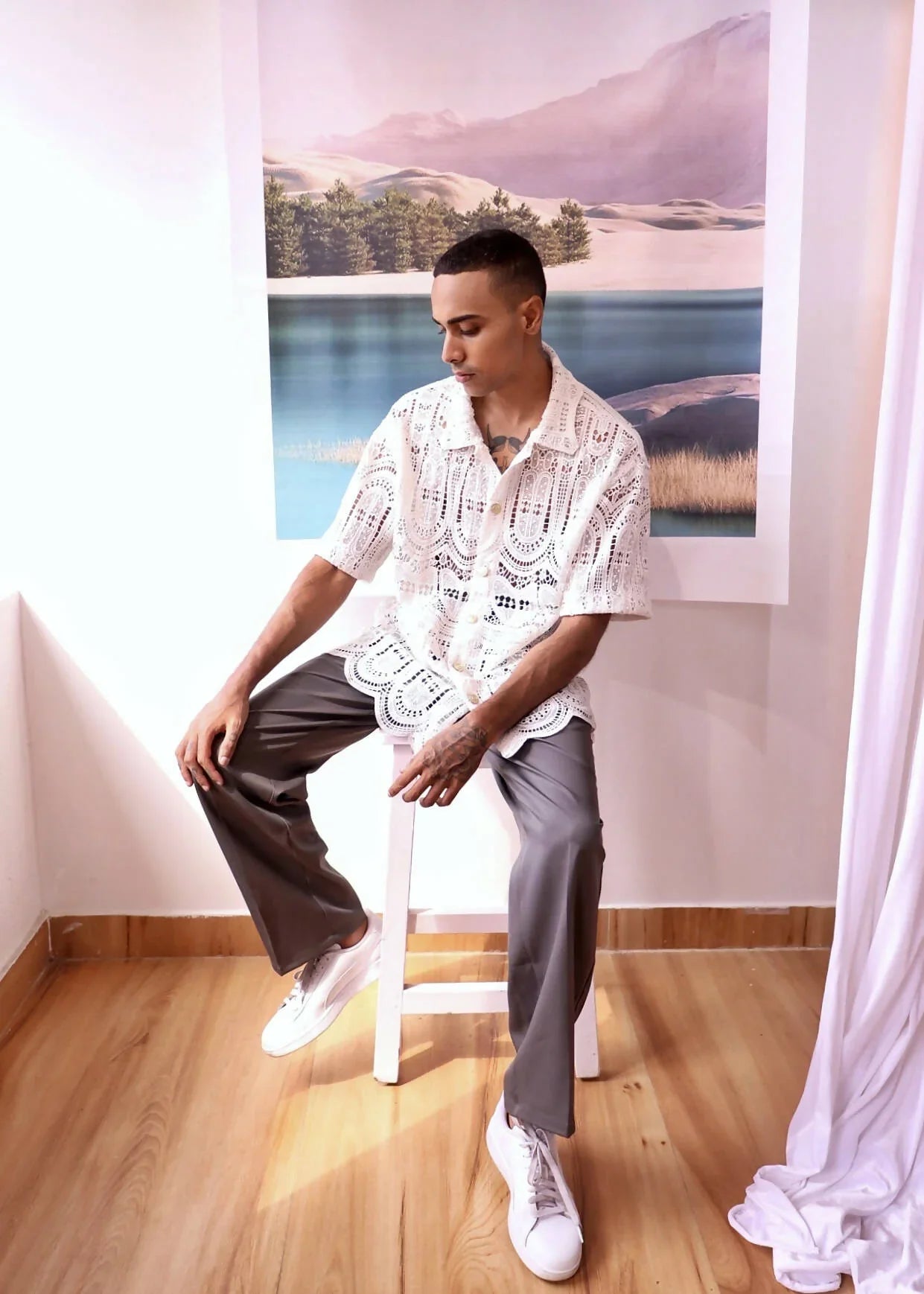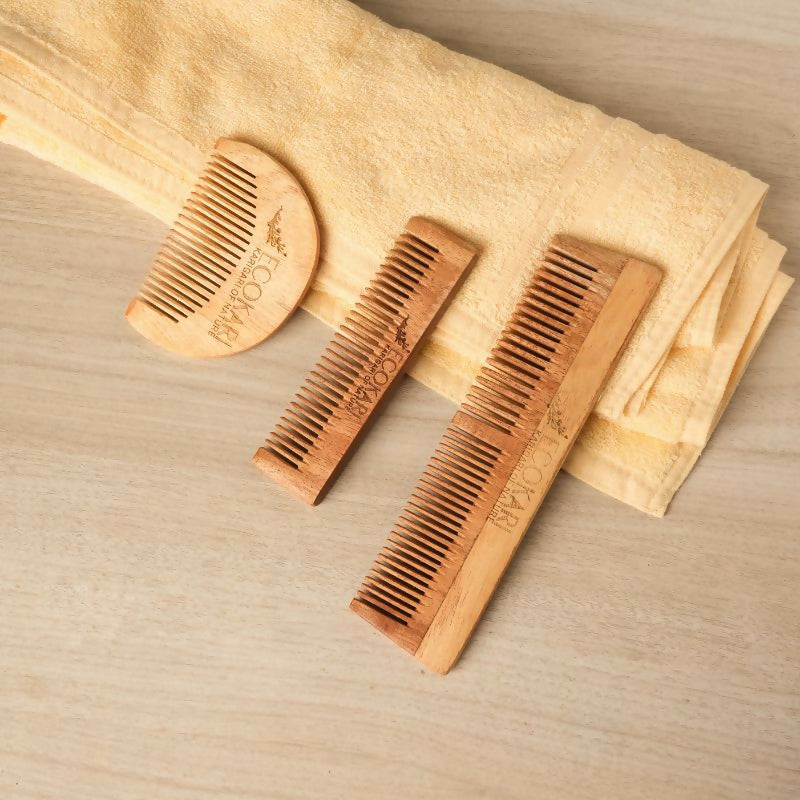Hoda Katebi: Blue Tin Production

Hoda Katebi, born in Oklahoma City to Iranian immigrant parents, grew up navigating racism and experiences that led her to become the activist and writer she is today. By early 2019, having no formal fashion background but driven by conviction, Hoda launched Blue Tin Production in Chicago. She envisioned it as America’s first worker-owned garment cooperative, led by refugee and immigrant women, boldly built as an alternative to sweatshop labour. In an industry built on exploitation, this model challenges the power structure. It vehemently opposes the idea that fashion needs to come at the cost of human dignity, and Blue Tin creates a blueprint for what the future of fashion can and should look like.
Blue Tin Production is not the typical garment factory. It was started as a space where refugee, immigrant, and working-class women of colour could come together and run things on their own terms. Instead of sweatshop conditions, they’ve created a setup where the work is respected, the pay is fair, and support like healthcare and childcare is built into the system. They are working on giving power back to the women who are usually taken advantage of in this industry, and proving that clothes can be made with responsibility.
Building a Cooperative from the Ground Up
Blue Tin’s structure is democratic. Decisions about wages, waste, production, and partnerships are made collectively. The co-op also provides healthcare, social services, and childcare, all around the members needs.
Sweatshops are exploitative. Most workers are women who face harassment, low wages, unsafe conditions, and are subject to systemic violence. She frames fast fashion as a form of carceral industry that reinforces abusive systems.

(Image credit - Hoda Katebi & The Blue Tin Production)
It is intentionally structured to dismantle oppressive labour practices and build equitable alternatives that repair and honour people instead of extracting from them.
In 2022, Blue Tin converted a former post office in Chicago through adaptive reuse. Designed by Studio Gang, the 11,250 square foot space became half production studio and half neighbourhood community centre, with coworking space, mental health support, exhibition areas, a library, and organizing rooms. The building is solar-powered and sustainable.
They want to build an ethical blueprint in fashion, a visible and dignified worker-centred model that challenges both fashion industry norms and how communities organize around labour and justice.
A revolution to create fashion on their own terms, rejecting sweatshops and instead giving power back to garment workers. They are rooted in their communities, built by them and for them, guided by their own values and vision for the future.
In many developing countries, sweatshops continue by exploiting cheap labour, especially women, under the guise of economic opportunity. Workers are often paid below minimum wage, forced to meet impossible targets, and denied basic protections. These conditions are normalized by global brands that chase low costs ignoring the human cost.
Hoda wants to abolish sweatshops altogether. To her, fast fashion is built on violence, on the backs of women of colour who are underpaid, overworked, and treated unfairly. She talks about the silence that surrounds this abuse, how the industry hides behind glossy campaigns while workers face harassment and unsafe conditions with no rights. Through Blue Tin, she is building a new system where garment workers are heard.






Leave a comment